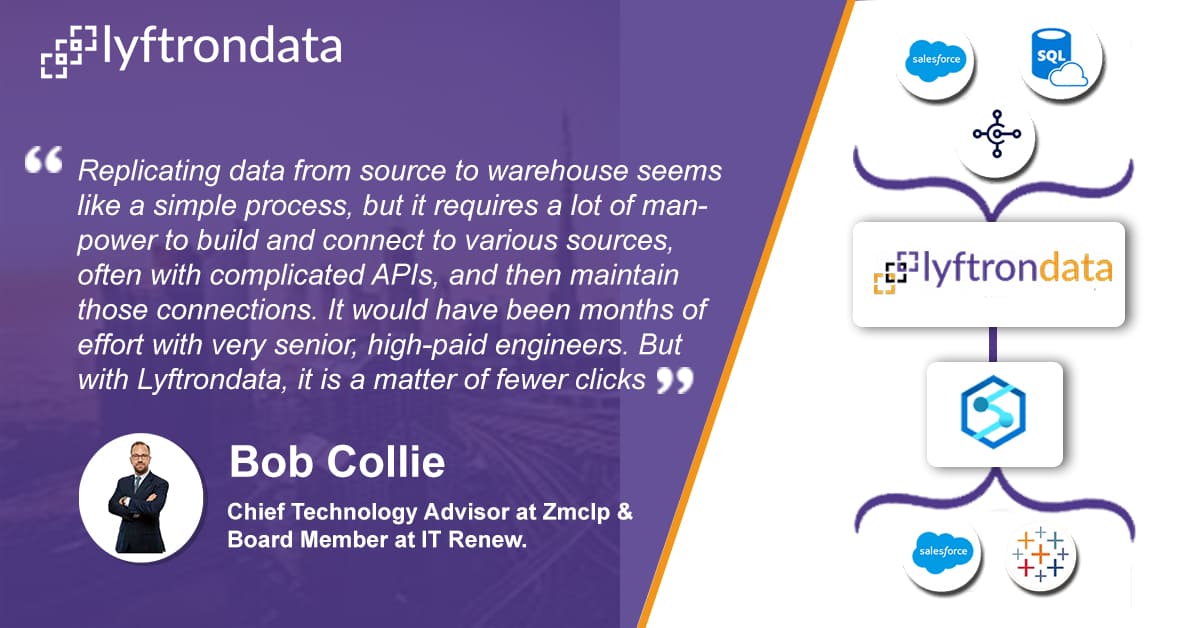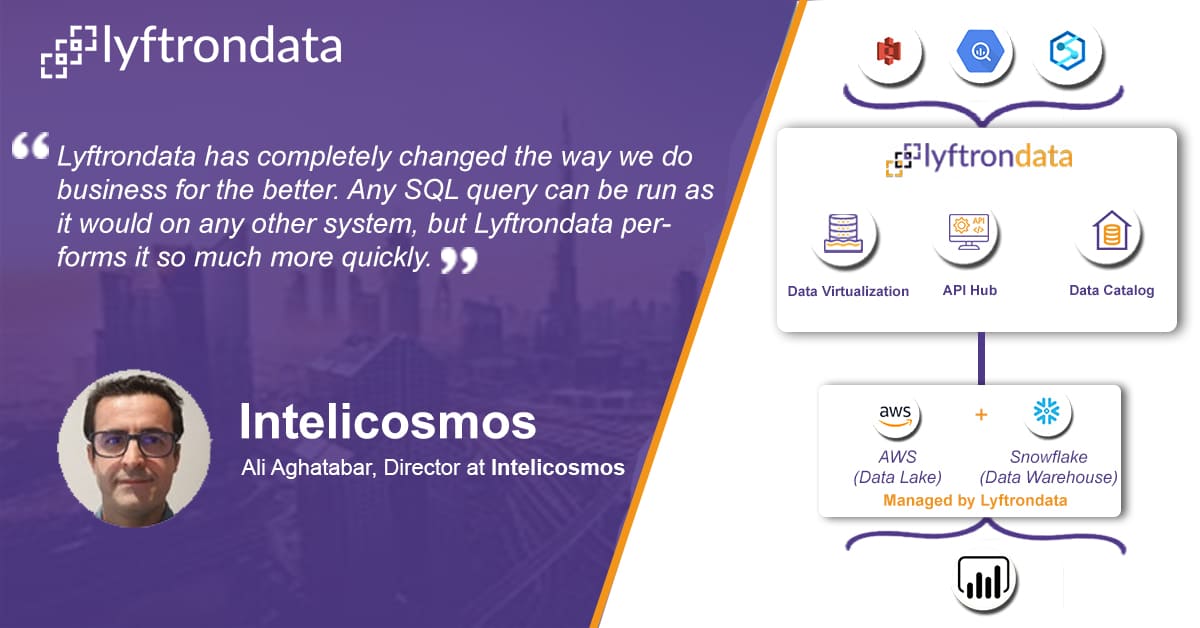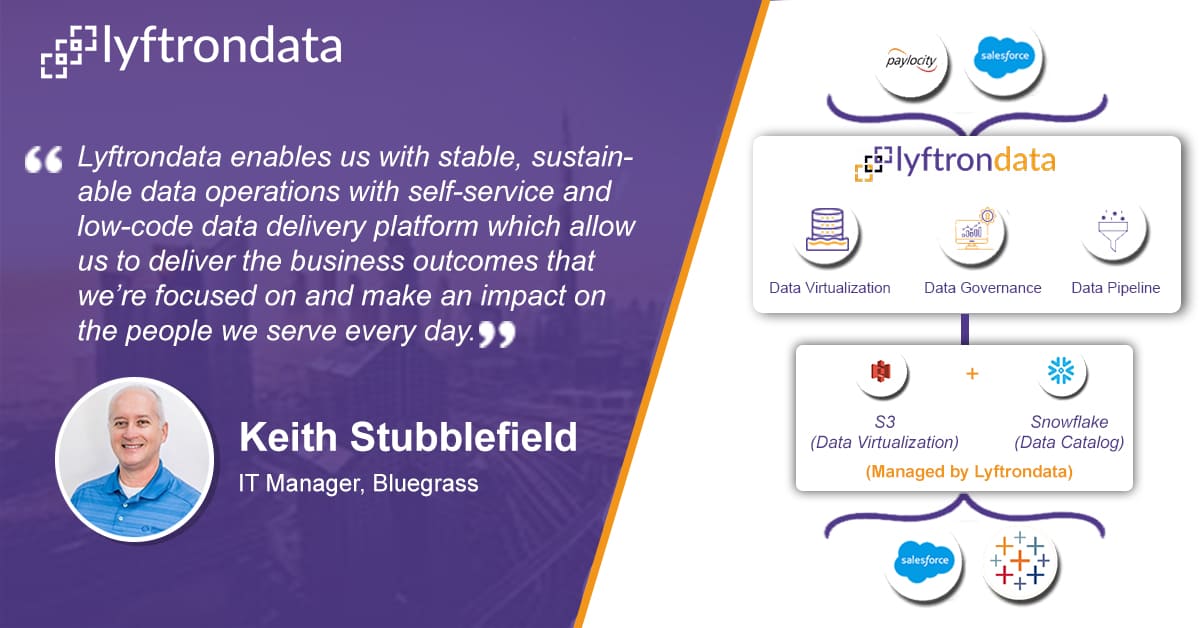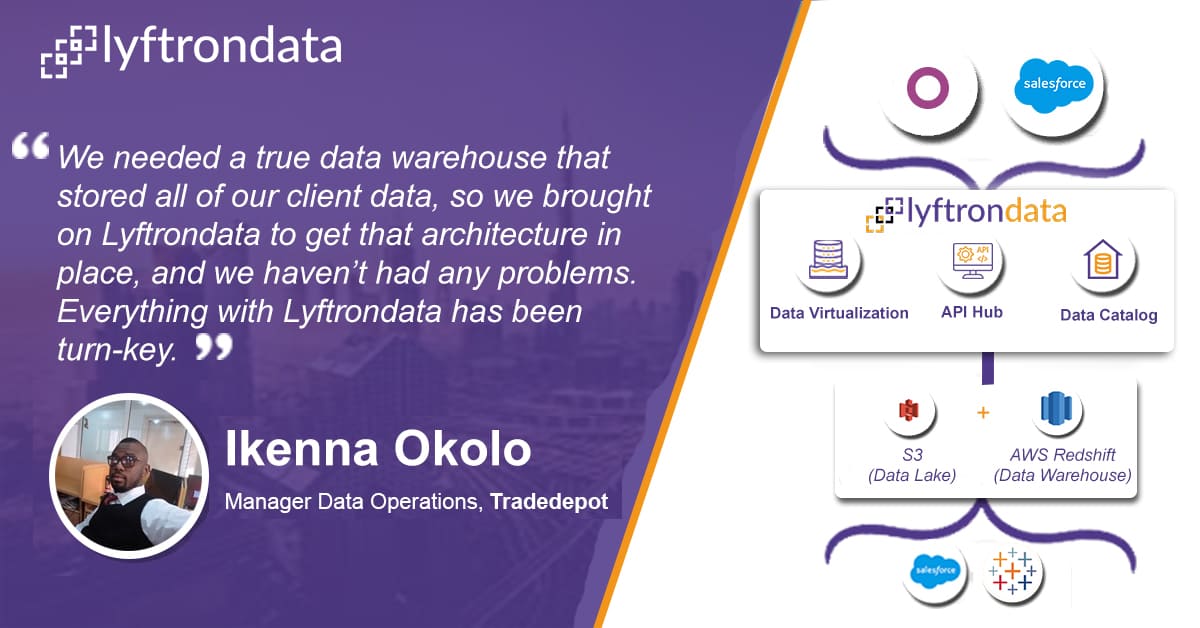200X Acceleration at
1/10th of the cost
Zero
maintenance
No credit card
required
Zero coding
infrastructure
Multi-level
security
Simplify Dynamics 365 Supply Chain Management integration in 4 simple steps
Create connections
between Dynamics 365 Supply Chain Management and targets.
Prepare pipeline
between Dynamics 365 Supply Chain Management and targets by selecting tables in bulk.
Create a workflow
and schedule it to kickstart the migration.
Share your data
with third-party platforms over API Hub

Why choose Lyftrondata for
Dynamics 365 Supply Chain Management Integration?
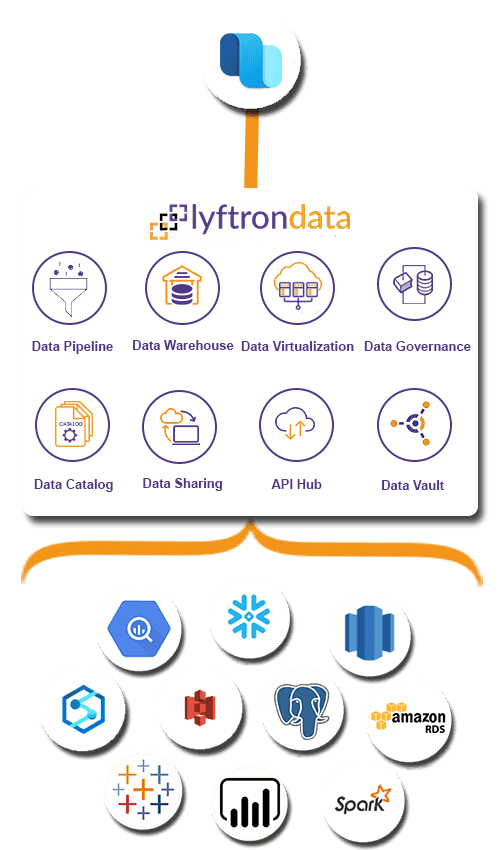

Simplicity
Build your Dynamics 365 Supply Chain Management pipeline and experience unparalleled data performance with zero training.

Robust Security
Load your Dynamics 365 Supply Chain Management data to targets with end-to-end encryption and security.

Accelerated ROI
Rely on the cost-effective environment to ensure your drive maximum ROI.

Customer's Metrics
Track the engagement of your customers across different channels like email, website, chat, and more.

Improved Productivity
Measure the performance of your team and highlight areas of improvement.

360-degree Customer View
Join different data touch points and deliver personalized customer experience.
Hassle-free Dynamics 365 Supply Chain Management integration to the platforms of your choice
Migrate your Dynamics 365 Supply Chain Management data to the leading cloud data warehouses, BI tools, databases or Machine Learning platforms without writing any code.
Hear how Lyftrondata helped accelerate the data journey of our customers
FAQs
What is Dynamics 365 Supply Chain Management?
Microsoft's proprietary globally distributed, multi-model database service "for managing data at planet-scale" was introduced in May 2017 as the Microsoft Azure Dynamics 365 Supply Chain Management Integration tool. Due to its ability to be scalable, horizontally scalable, and schema-neutral, it is frequently referred to as a NoSQL database.
What are the features of Dynamics 365 Supply Chain Management?
Global distribution of data: You can distribute globally using Dynamics 365 Supply Chain Management Integration.
Serverless architecture: With the Dynamics 365 Supply Chain Management Connectors platform you can leverage a serverless interface.
Multi-model support: Dynamics 365 Supply Chain Management Drivers software enables you to use multi-model support.
Throughput consistency guarantees: Consistency is assured with Dynamics 365 Supply Chain Management ETL.
What are the shortcomings of Dynamics 365 Supply Chain Management?
Subscription limit: There are certain limits for containers per subscription (API for Dynamics 365 Supply Chain Management) option within the Dynamics 365 Supply Chain Management Integration tool.
Impeded throughput: Throughput per container is limited with Dynamics 365 Supply Chain Management ETL.
Throughput Database restrictions: Maximum throughput per shared-throughput database in Dynamics 365 Supply Chain Management Connectors tool.
Storage constraint: Maximum total storage per account often fall short with the Dynamics 365 Supply Chain Management Drivers platform.
Make smarter decisions and grow your sales with Lyftrondata Dynamics 365 Supply Chain Management integration





